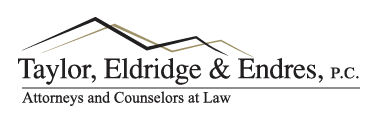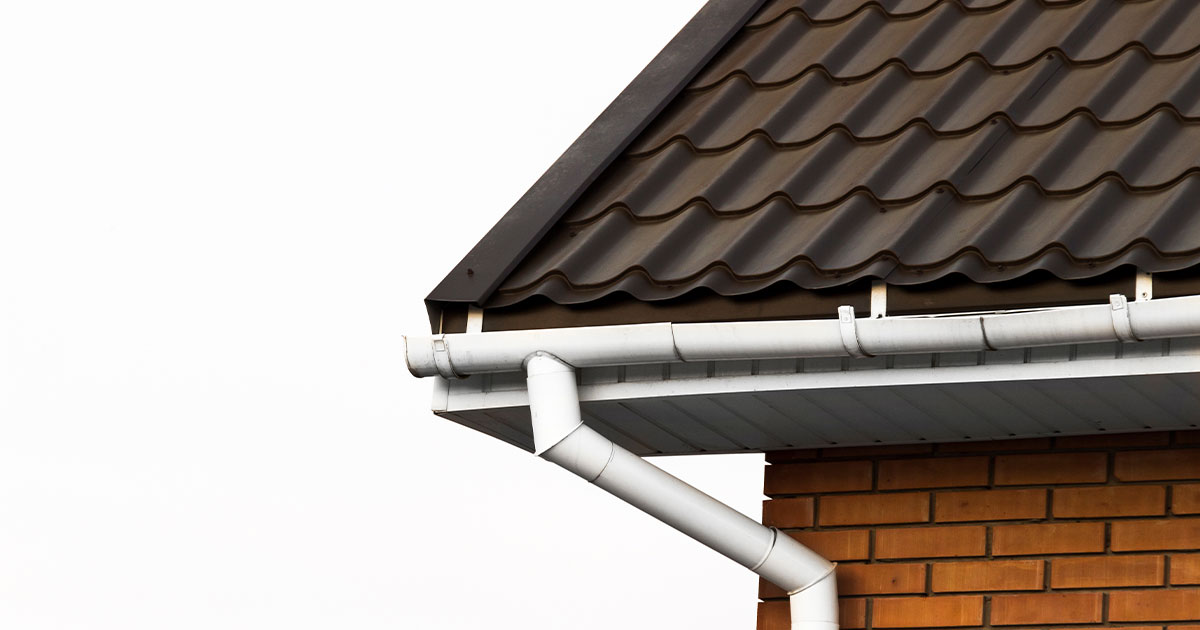Change to Rules and Regulations won’t do. The Court makes it clear: Changing the permitted use of a home must be effectuated by amending the Declaration and/or By-Laws
Tag: condominiums
HURRY UP – YOU MOVE TOO SLOW!
By Edward M. Taylor, Esq.
Picture this: A condominium building experiences water leaks from a rooftop and drainage system in need of repair.
The Board of Managers takes steps to address the issue by hiring a contractor and commencing repairs, but the Board runs out of funding for the project prior to completion and the work is halted midstream. The Board then struggles with the best way to gather sufficient funds and the project languishes. In the meantime, unit owners continue to suffer from water leaks in their apartments.
STILL HAVEN’T HELD YOUR ELECTIONS? CONSIDER THE RISKS OF CONTINUED DEFERMENT
For many Boards, the Covid-19 pandemic has thrown a monkey wrench into governance efforts, particularly with holding annual meetings and elections.
In New York, amendments to the Business Corporation Law and the Not-for-Profit Corporation Law temporarily allowing annual meetings via Zoom or other electronic platforms were signed into law. But what about those Boards who still haven’t had their annual meeting or election despite the electronic meeting provisions? It is time to get back on track because failure to do so could leave you exposed to potential litigation brought by individual members or shareholders seeking to compel the Board to hold an annual meeting and/or election. Continue reading “STILL HAVEN’T HELD YOUR ELECTIONS? CONSIDER THE RISKS OF CONTINUED DEFERMENT”
GOVERNING DOCUMENTS: ONE BOARD’S ROADMAP FOR DOG REMOVAL DEMANDS, FINES, AND ATTORNEY’S FEES
Recently, an appeals court upheld a Board’s demand for the removal of residents’ dogs…
but held that repeated fines for failure to remove the dogs were not proper – all pursuant to the Condominium’s by-laws. Continue reading “GOVERNING DOCUMENTS: ONE BOARD’S ROADMAP FOR DOG REMOVAL DEMANDS, FINES, AND ATTORNEY’S FEES”
NEW LAW PASSED CONCERNING ELECTRONIC VEHICLE CHARGING STATIONS
There is a growing trend of new legislation that encourages the use of environmentally friendly energy sources.
In light of this trend as well as the increase of electric vehicles on the roads, the New York State legislature recently passed a new provision to the New York Condominium Act, (Real Property Law §339-ll) that restricts condominium Boards from prohibiting or unreasonably restricting unit owners’ installation or use of an electric vehicle charging station (“EVCS”) within the community.
Continue reading “NEW LAW PASSED CONCERNING ELECTRONIC VEHICLE CHARGING STATIONS”
Buying a Condominium
What misconceptions do people have about condos?
Many do not understand what a condo is, what is actually owned, and what it means to live in a community association. In essence, a condominium is a form of ownership whereby a person owns the entire condo unit (much like an apartment), but shares ownership of the rest of the building(s) and other property of the condo (e.g., roads, sidewalks, parks, clubhouse, pool, etc.) in common with the other owners. The owners elect a Board of Managers to handle the community’s finances, make repairs, enforce rules, oversee construction projects, etc.
Broken Pipes = Headaches for Condominium Boards
With the recent spate of frigid temperatures, we have received numerous calls from condominium Boards of Managers about incidents of broken pipes due to freezing.
When the pipes thaw, water floods and damages the unit and, often, neighboring units and common areas. The board invariably accuses the homeowner(s) of negligence for failing to properly winterize the home before heading south for the winter, or for setting the thermostat too low. However, even if the claim of homeowner negligence is correct – and it usually is – the burden for fixing the unit in most communities will fall upon the board and its insurance coverage. Continue reading “Broken Pipes = Headaches for Condominium Boards”
A Board’s Map To Successful Collection Of Common Charges And Assessments In Condominiums And Homeowners Associations
COLLECTIONS OVERVIEW
In order to successfully operate a planned community, payment of certain expenses associated with the operation, maintenance, and control of the association are required. The Board creates a budget for these expenses, including proper reserve funding, and thereafter assesses the owners. The obligation of the owners to make payment of these assessments and the liability for non-payment is found in the association’s governing documents.
If too many owners fail to make payment of their common charges and assessments, the association may be unable to pay its bills and keep the community running in the fashion and at the level the owners expect. Whenever an owner fails to make payment, all other owners must pay that delinquent owner’s share. As a result, Boards have little choice but to move forward against delinquent owners. Failure to do so can be seen as a Board not satisfying its fiduciary obligation and affirmative duty to the community. Continue reading “A Board’s Map To Successful Collection Of Common Charges And Assessments In Condominiums And Homeowners Associations”
New Conflict of Interest Law
The NYS Legislature recently passed a new law, signed by the Governor in September 2017, which purports to impose conflict-of-interest reporting requirements upon condominiums and cooperative housing corporations.
The law requires, first of all, that at least once each year, each “director” of a condominium or co-op board receive a copy of the Related Party Transactions section from the NYS Not-for-Profit Corporation Law (Section 715) or, for a co-op board, a copy of the Interested Directors section from the Business Corporation Law (Section 713). These provisions are similar to each other and prohibit boards from entering into contracts where a conflict of interest exists, unless the conflict has been disclosed by the interested director. Continue reading “New Conflict of Interest Law”
Restrictions on Leasing in Condominiums and Homeowner Associations
Governing boards of condominiums and homeowner associations often have concerns about the number of rental units within their communities.
Tenants are perceived to be less concerned about the community, less likely to observe the community’s rules and regulations and less concerned about the preservation of the community’s common elements than unit owners who reside within the community. Continue reading “Restrictions on Leasing in Condominiums and Homeowner Associations”




